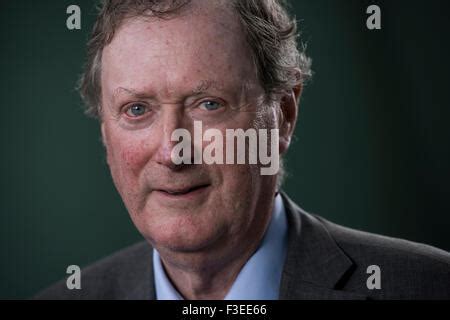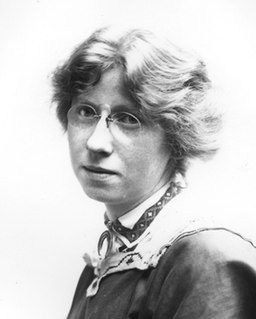A Quote by Angela Merkel
We have very stable mechanisms of conflict resolution in terms of labor relations, we have a very good transportation infrastructure, we provide our children with an excellent education and the gap between rich and poor in Germany is relatively narrow. On the other hand, we have trouble accepting change.
Quote Topics
Accepting
Accepting Change
Between
Change
Children
Conflict
Conflict Resolution
Education
Excellent
Excellent Education
Gap
Germany
Good
Hand
Infrastructure
Labor
Mechanisms
Narrow
Other
Our
Our Children
Poor
Provide
Relations
Relatively
Resolution
Rich
Rich And Poor
Stable
Terms
Transportation
Transportation Infrastructure
Trouble
Very
Very Good
Related Quotes
Public education is the key civil rights issue of the 21st century. Our nation's knowledge-based economy demands that we provide young people from all backgrounds and circumstances with the education and skills necessary to become knowledge workers. If we don't, we run the risk of creating an even larger gap between the middle class and the poor. This gap threatens our democracy, our society and the economic future of America.
The great question for our time is, how to make sure that the continuing scientific revolution brings benefits to everybody rather than widening the gap between rich and poor. To lift up poor countries, and poor people in rich countries, from poverty, to give them a chance of a decent life, technology is not enough. Technology must be guided and driven by ethics if it is to do more than provide new toys for the rich.
The fundamental problem is that the gap in educational achievement, which is a key in our technological economy, is due in my opinion - and the opinion of many, including Arne Duncan, our secretary of education - to the fact that the families of the poor who are not very educated are not talking to their children, interacting with their children, insisting they do their homework and so on.
Both rich and poor nations have a common stake in policies that put the globe on a sustainable development path. The conflict is less between poor and rich countries than between the broad interests of people and the narrow interests of extractive industries. We need to find our way towards some kind of global regime that reduces emissions of the greenhouse gases, but well-off nations need to transfer the technology to make this possible, rather than viewing this shift as one more opportunity for private industry to profit.
Any nation that expects to be ignorant and free," Jefferson said, "expects what never was and never will be." And if the gap between the educated and the uneducated in America continues to grow as it is in our time, as fast as or faster than the gap between the rich and the poor, the gap between the educated and the uneducated is going to be of greater consequence and the more serious threat to our way of life. We must not, by any means, misunderstand that.
Nowadays, we are confronted by a huge gap between rich and poor. This is not only morally wrong, but practically a mistake. It leads to the rich living in anxiety and the poor living in frustration, which has the potential to lead to more violence. We have to work to reduce this gap. It's truly unfair that some people should have so much while others go hungry.











































